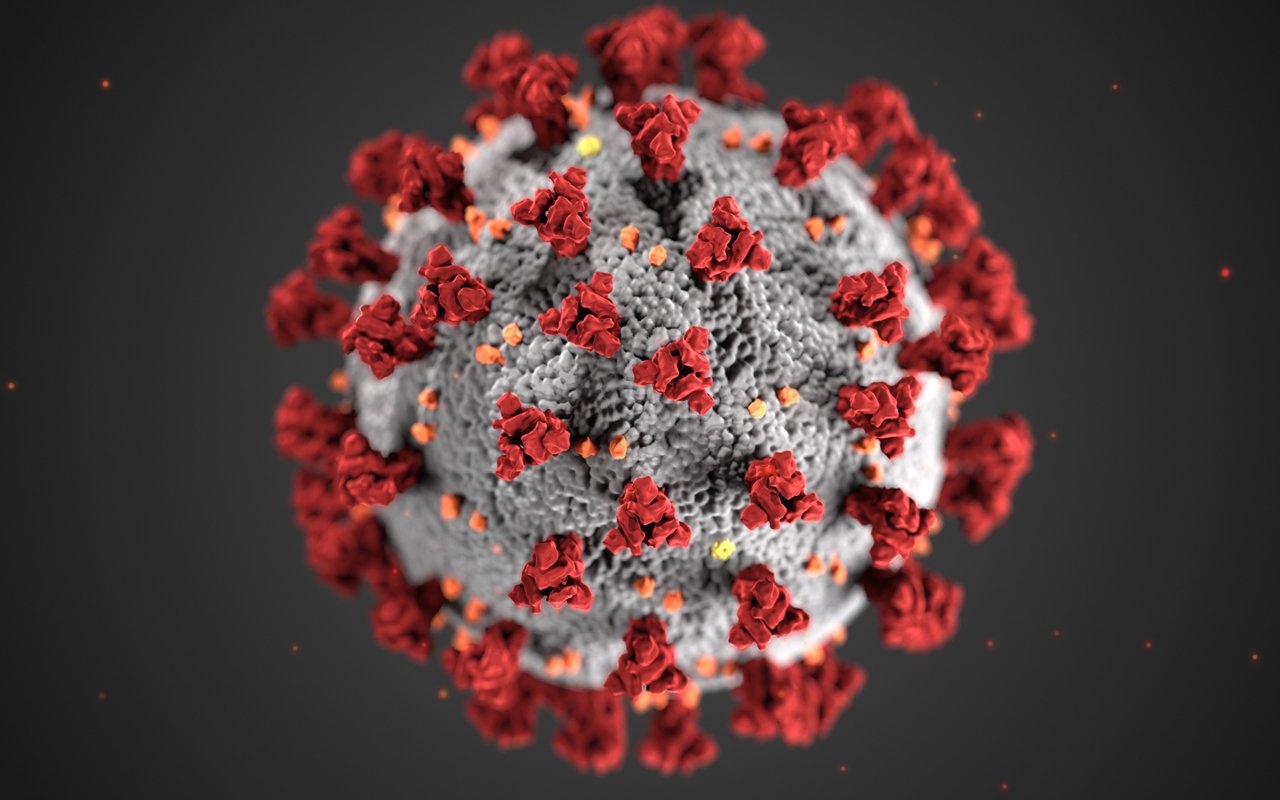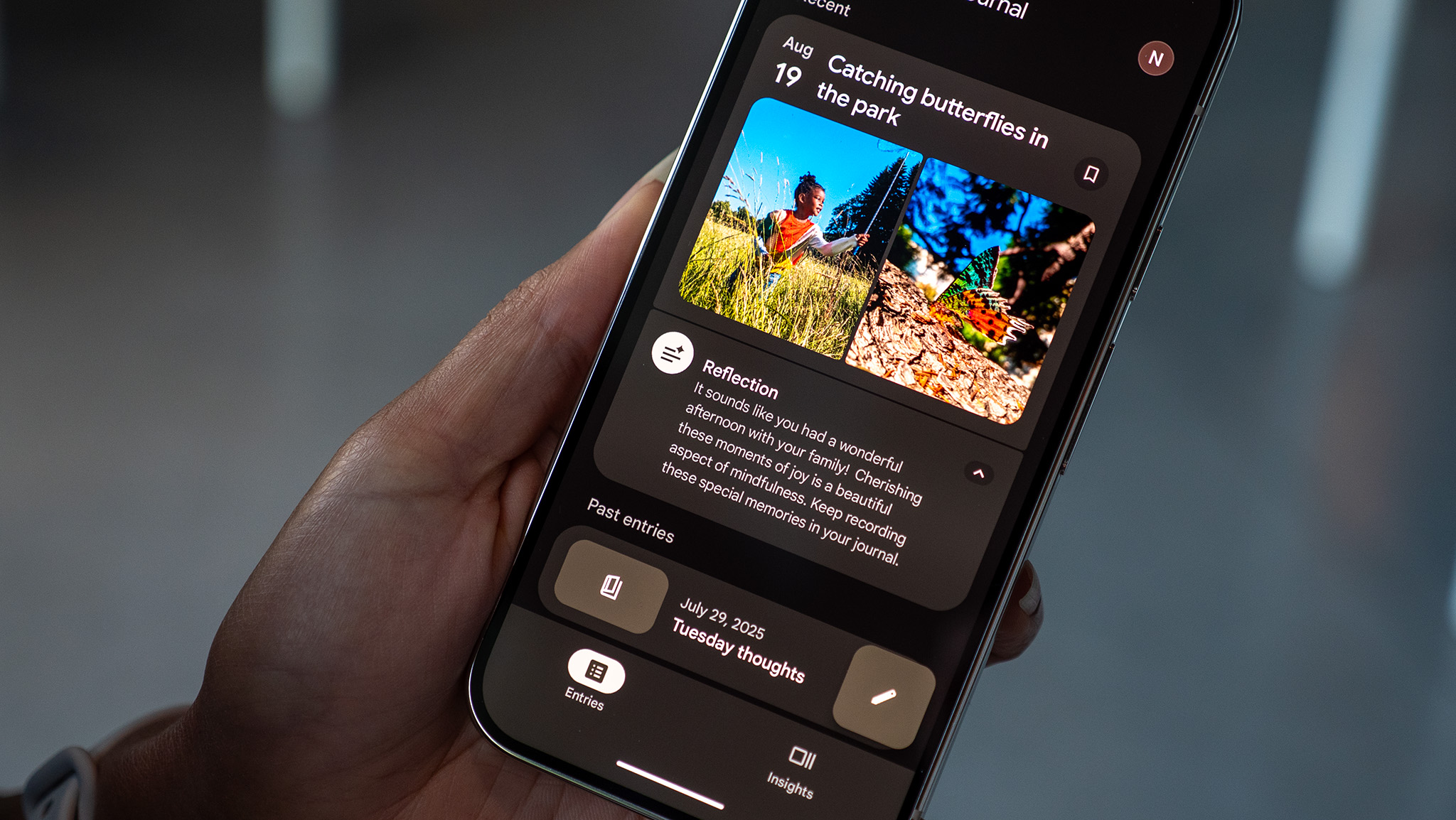Google and Facebook crack down on COVID-19 vaccine misinformation

What you need to know
- YouTube now bans videos that spread COVID-19 vaccine misinformation.
- It would still allow videos that offer discussion over "concerns" around vaccines.
- Facebook too no longer allows ads that discourage people from taking vaccines. However, ads that take aim at government vaccination policies are still fair game.
Google is coming down hard on COVID-19 misinformation as the race for a vaccine reaches a critical point worldwide. The company will start removing videos on YouTube which contain falsehoods and misinformation around COVID-19 vaccines on YouTube.
Citing a YouTube blog post, Reuters reports:
YouTube said in a blog post that this would include removing claims that the vaccine will kill people or cause infertility, or that microchips will be implanted in people who receive the vaccine.A YouTube spokesman told Reuters that general discussions in videos about "broad concerns" over the vaccine would remain on the platform.YouTube says it already removes content that disputes the existence or transmission of COVID-19, promotes medically unsubstantiated methods of treatment, discourages people from seeking medical care or explicitly disputes health authorities' health authorities' guidance on self-isolation or social distancing.
Google is not the only company to adopt a stricter anti-vaxxer policy this week. Facebook too announced that it would be banning adverts which were aimed at preventing people from getting vaccinated. "We don't want these ads on out platfrorm," the company simply said. It will keep allowing ads which critique government vaccination policies, but ads which are aimed at discouraging people from getting vaccinated are now outright banned.
"We regularly refine our approach around ads that are about social issues to capture debates and discussions around sensitive topics happening on Facebook. Vaccines are no different. While we may narrow enforcement in some areas, we may expand it in others," Facebook said.
Get the latest news from Android Central, your trusted companion in the world of Android

